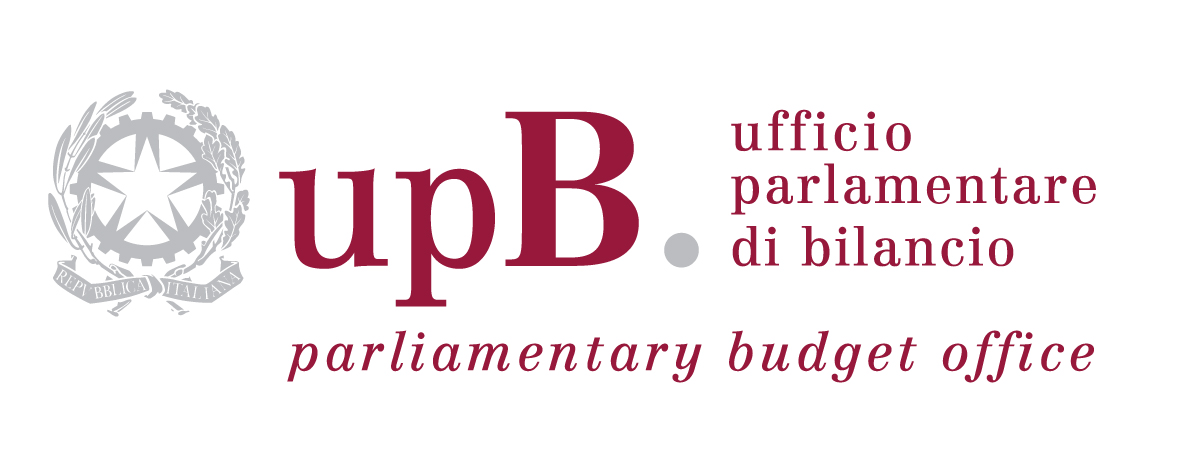The endorsement letter for the trend macroeconomic scenario issued on 17 September by the Ministry for the Economy and Finance and presented in the Update to the 2018 Economic and Financial Document (the Update) was published today on the website of the Parliamentary Budget Office (PBO). On 13 September the PBO issued its comments on a preliminary version of the trend forecasts. As required, the PBO will also assess the policy macroeconomic scenario published in the Update, which incorporates the effects of the upcoming budget measures.
The PBO Board endorsed the MEF’s trend forecasts for 2018-2019, which project real growth of 1.2 and 0.9 per cent respectively. Taking due consideration of the uncertainty inherent in macroeconomic forecasts and while underscoring the presence of significant downside risks for real GDP growth, the trend developments set out in the Update fall within an acceptable forecasting range, although the real GDP growth expected for 2018 is slightly higher than the upper bound of the forecasts of the PBO panel (which in addition to the PBO includes CER, Prometeia and REF.ricerche). For next year, the Update’s forecasts for the growth of the Italian economy coincide with the upper bound of the panel forecasts. With regard to the forecasts for 2020-2021 (which do not undergo the endorsement process), the PBO emphasises the prevalence of negative risk factors in the MEF scenario for 2020, which weigh on expectations for developments in real variables.
The medium-term outlook is clouded by significant external uncertainties, which could generate unfavourable conditions with an adverse impact on the Italian economy. There are three main risk factors: an escalation (already partially under way) of protectionist measures, with a consequently sharper slowdown in international trade; an inversion of the economic and financial cycle and a possible increase in risk premiums demanded by international investors, which would penalize lower-rated countries; and a further increase in oil prices in response to geopolitical tensions and their partial impact on prices.
Other potential risk factors that could have repercussions for Italy concern the effects of the normalisation of monetary policy in Europe, the more restrictive stance of US monetary policy and the outcome of the Brexit negotiations.
